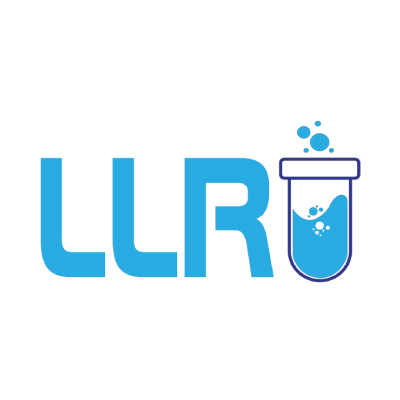A career in clinical research is one of the most rewarding and impactful paths in the medical and healthcare industry. It serves as the backbone of medical innovation, ensuring that new drugs, therapies, and medical devices are tested for safety, effectiveness, and quality before reaching patients. With the growing demand for new treatments and the continuous evolution of healthcare technologies, the need for skilled clinical research professionals is higher than ever.
What Is Clinical Research?
Clinical research focuses on studying the effects of new medical interventions on human health. Professionals in this field design, plan, and manage clinical trials that evaluate the safety and efficacy of new drugs, vaccines, and medical devices. These trials are conducted under strict regulatory guidelines to ensure ethical practices and accurate results. Clinical researchers work in hospitals, pharmaceutical companies, contract research organizations (CROs), and academic institutions.
Types of Clinical Research Jobs
The clinical research field offers a variety of career options based on one’s qualifications and interests. Common job roles include:
-
Clinical Research Coordinator (CRC): Manages clinical trials, ensuring compliance with study protocols and overseeing participant recruitment and data collection.
-
Clinical Research Associate (CRA): Monitors ongoing trials, ensuring adherence to Good Clinical Practice (GCP) and regulatory requirements.
-
Clinical Trial Manager (CTM): Oversees the overall execution of clinical trials, managing budgets, timelines, and cross-functional teams.
-
Data Manager: Handles and validates data collected during trials to ensure accuracy and compliance.
-
Biostatistician: Applies statistical techniques to interpret clinical trial results and support study design.
-
Regulatory Affairs Specialist: Ensures compliance with government and international regulations, handling all necessary documentation for approvals.
-
Medical Writer: Prepares clinical study reports, publications, and regulatory documents with clarity and accuracy.
-
Principal Investigator (PI): Leads and oversees the entire study, ensuring ethical and scientific integrity.
Clinical Research Responsibilities and Duties
Although responsibilities may vary depending on the role, most clinical research professionals share common goals—conducting ethical, efficient, and accurate clinical studies.
Key responsibilities include:
-
Study design and planning: Developing detailed research protocols, choosing methodologies, and ensuring regulatory compliance.
-
Participant recruitment: Identifying and enrolling suitable participants for trials.
-
Data collection and analysis: Gathering and interpreting data to determine the safety and efficacy of treatments.
-
Monitoring and reporting: Overseeing study progress, ensuring adherence to protocols, and preparing reports for sponsors and regulatory authorities.
Key duties include:
-
Preparing study-related documentation, including consent forms and trial protocols.
-
Maintaining accurate and up-to-date records of participants and trial activities.
-
Coordinating communication with regulatory agencies and ethics committees.
-
Conducting research activities as per the study protocol.
-
Training and supervising staff involved in the clinical research process.
While responsibilities define the scope of work and accountability, duties focus on the specific daily tasks that make a trial successful.
Qualifications and Skills Required
To enter the field of clinical research, certain educational and professional qualifications are essential.
-
Education: A bachelor’s degree in life sciences, medicine, pharmacy, biotechnology, or related fields is generally required. Postgraduate degrees or diplomas in clinical research add significant value.
-
Certifications: Professional credentials such as Certified Clinical Research Coordinator (CCRC) or Certified Clinical Research Associate (CCRA) can enhance career opportunities.
-
Experience: Prior experience in a research environment or internships in clinical settings help build practical knowledge.
-
Skills: Strong analytical, organizational, and communication skills are crucial. Professionals must also possess attention to detail, problem-solving ability, and a commitment to ethical research practices.
Why Choose a Career in Clinical Research?
A career in clinical research offers a unique opportunity to make a difference in healthcare while working on groundbreaking medical advancements. It combines science, ethics, and management, offering professionals the satisfaction of contributing to improved patient outcomes worldwide.
Institutions like LLRI (Learning Labb Research Institute) offer specialized clinical research training programs designed to prepare students and professionals for this growing industry. LLRI’s comprehensive curriculum covers study design, data management, regulatory affairs, and ethical research practices—equipping learners with the skills needed to succeed.
Final Thoughts
Understanding the clinical research job description, including its roles, responsibilities, duties, and qualifications, is the first step toward entering this dynamic field. With the right education, practical exposure, and certifications, you can build a successful and fulfilling career contributing to the advancement of modern medicine.
If you aspire to work in clinical research, LLRI can help you gain the necessary expertise and confidence to thrive. By investing in quality education and professional training, you can become a part of the next generation of professionals shaping the future of global healthcare.



